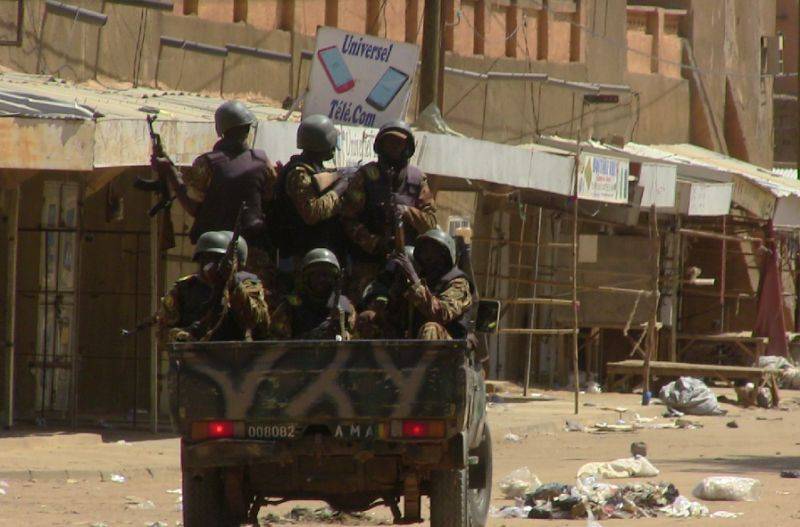BAMAKO : A dozen people were killed in clashes between herders and farmers from separate ethnic groups over the weekend in central Mali, as jihadist tensions drive conflict in rural communities.
Increased availability of arms from Libya has contributed to intercommunal violence in Mali, experts say, while drought has forced herders into areas traditionally cultivated by farmers.
The clashes between ethnic Peuls and Bambaras "led to the deaths of 13 civilians and huts were set on fire," a source at the security ministry told AFP on Monday. Local politician Djiguiba Keita put the death toll at 10 while Bekaye Samake, mayor of Macina, the closest major town to the village hit by the violence, said seven bodies had been recovered.
The clashes were triggered by the murder of a Bambara farmer on Saturday named by Samake as Cheickna Traore. It was followed by retribution killings against Peuls accused of being jihadists who had organised the assassination.
A report last month by Human Rights Watch described an "Islamist armed group presence and intimidation of the population" that has "steadily increased" in central Mali, as well as an uptick in banditry and criminality.
The South African-based Institute for Security Studies has highlighted drought driven by climate change as leaving herders unable to feed their animals.
They have since been "forced into the valleys where conflicts often arise with farmers over land and water," according to a report released last year.
Peul people are frequently accused of colluding with jihadists who have sowed chaos in Mali in recent years, and especially since the founding of an armed group by radical Peul preacher Amadou Koufa.
That group has allied with the Tuareg leader of Al-Qaeda allied Ansar Dine, Iyad Ag Ghaly.
The Malian army mounted an operation against a hideout of Koufa's acolytes in central Mali last week, arresting 20 people and killing one.
Since the overthrow of Moamer Kadhafi's regime in Libya, weapons have travelled from the chaotic state in an arc of unrest through Mali and Niger.
Northern Mali fell under the control of Tuareg-led rebels and jihadist groups linked to Al-Qaeda in 2012 who were largely ousted by a French-led military operation in January 2013.
But the implementation of a peace accord struck in 2015 has been piecemeal with insurgents still active across large parts of the region.






